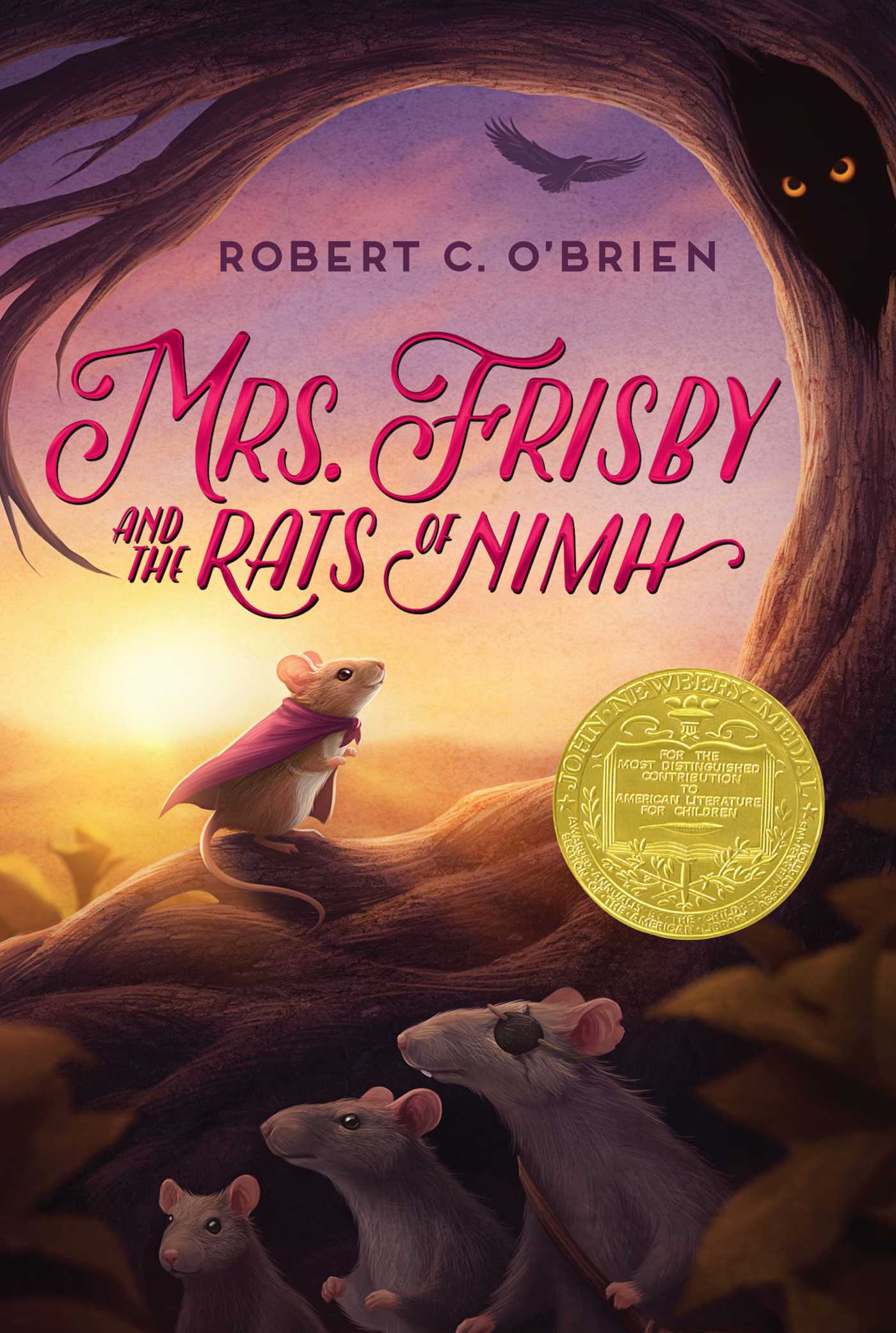

And yet, you’ll see many people posting elsewhere on social media that it shouldn’t be relevant.
Can’t imagine trying to share a life with someone who didn’t share my values, but there seems to be a contingent that think that other things should be more important.






The show clearly shows Murderbot as being ACE and uncomfortable with the sexual and gendered reactions of others towards them — which is as important in my view the outward and physical apparent gender.